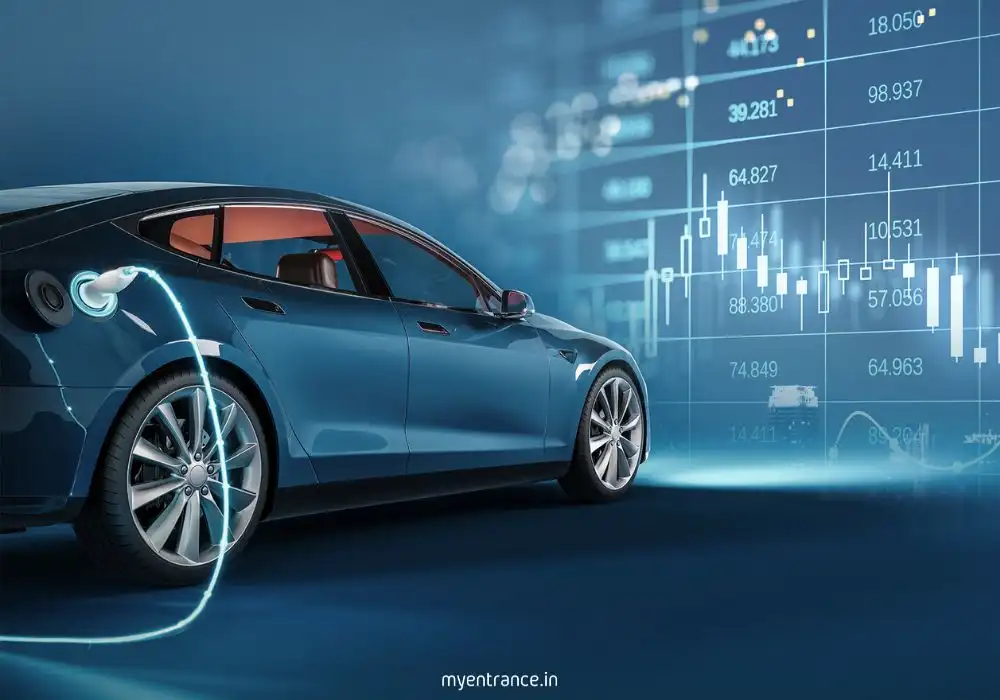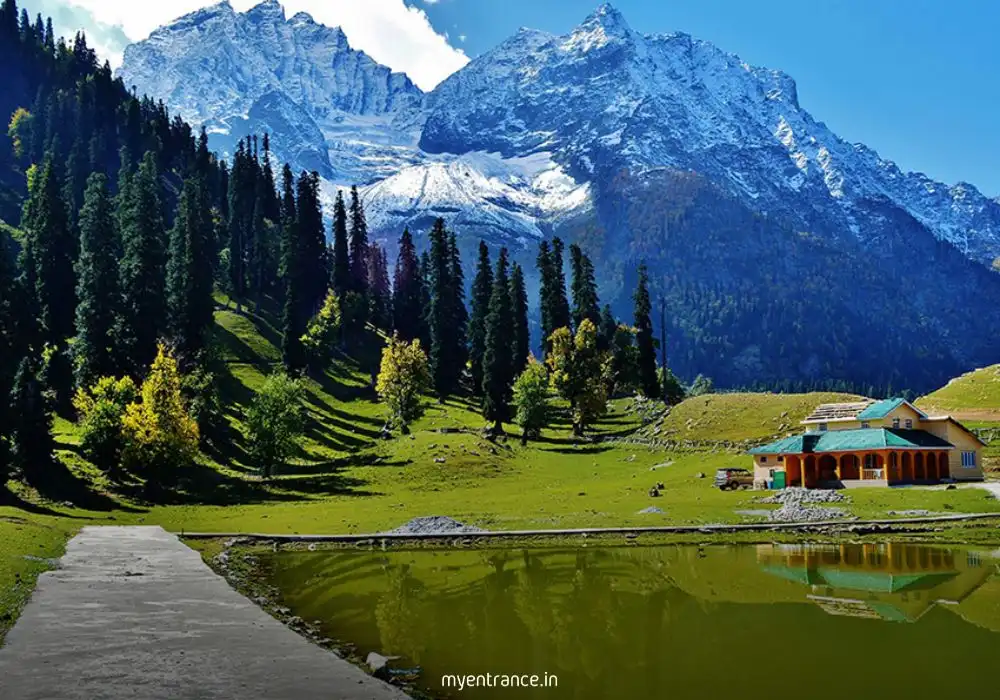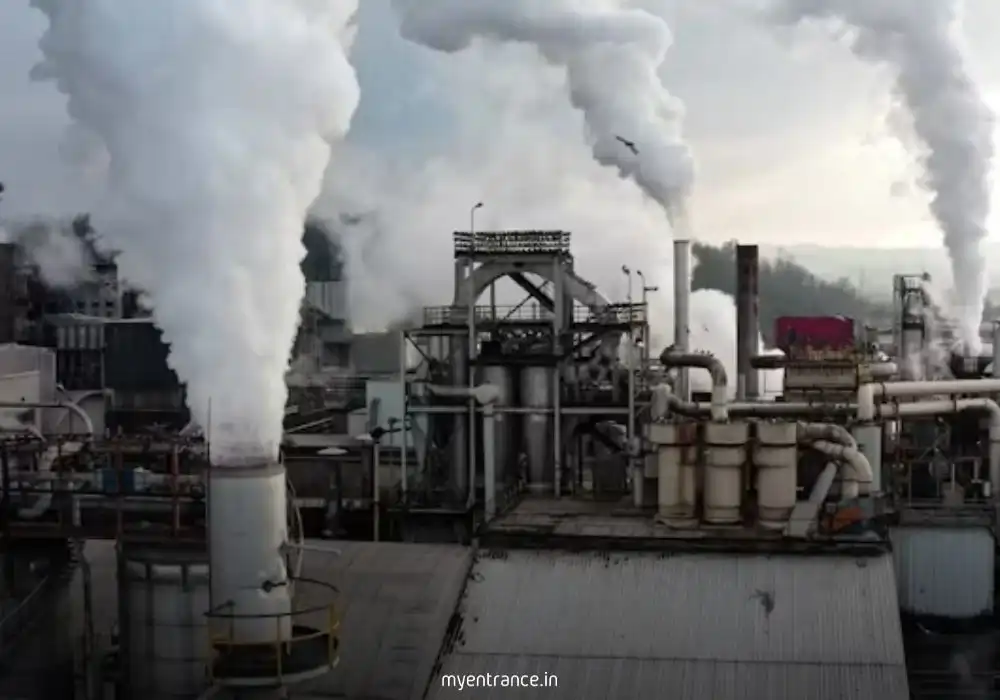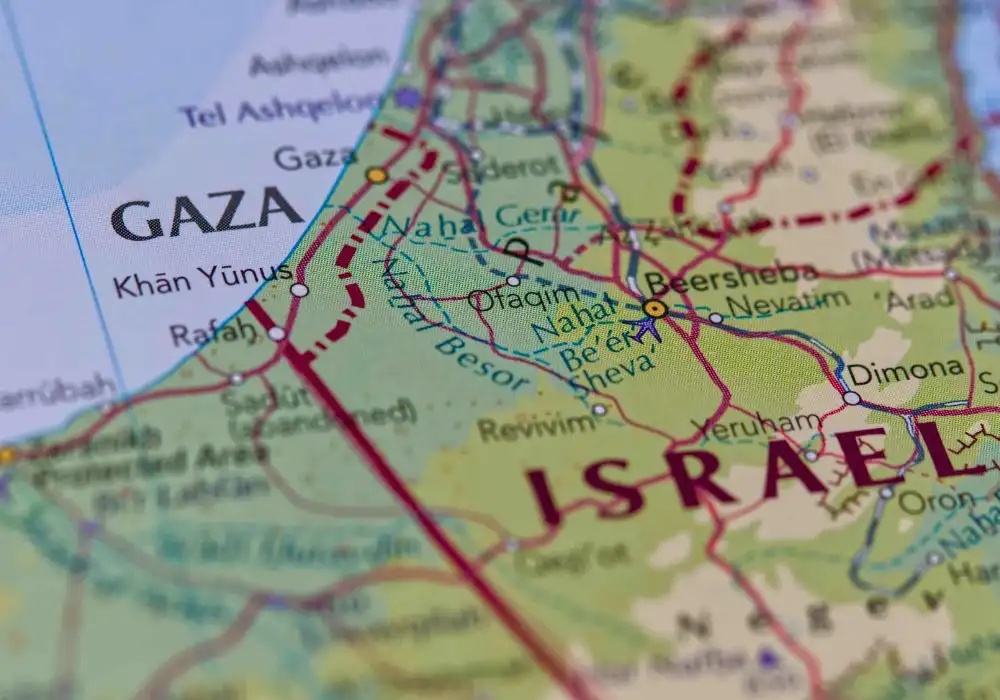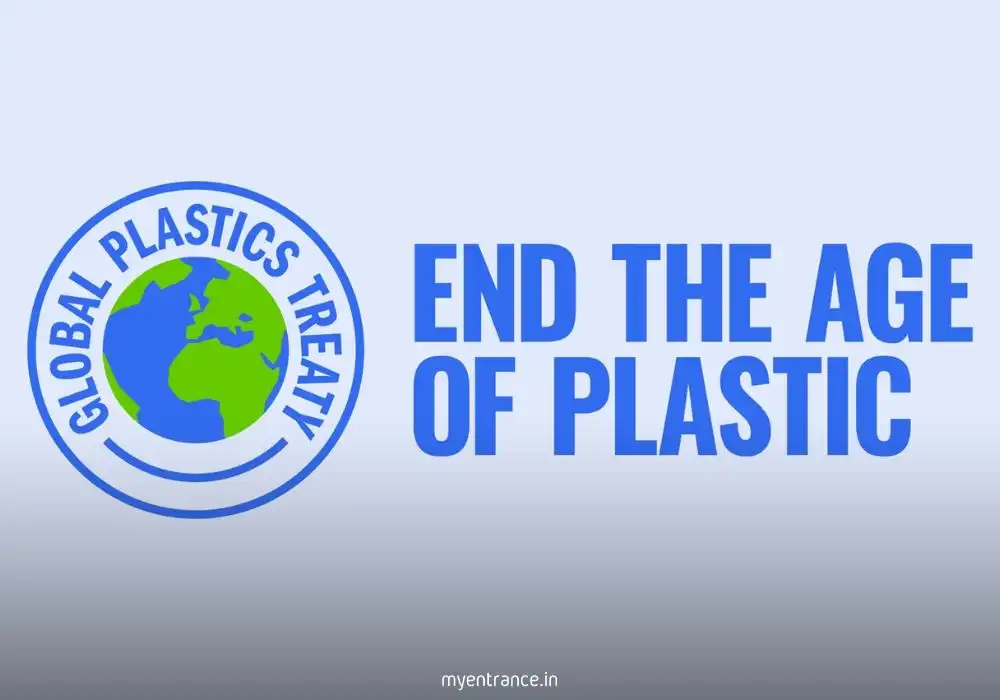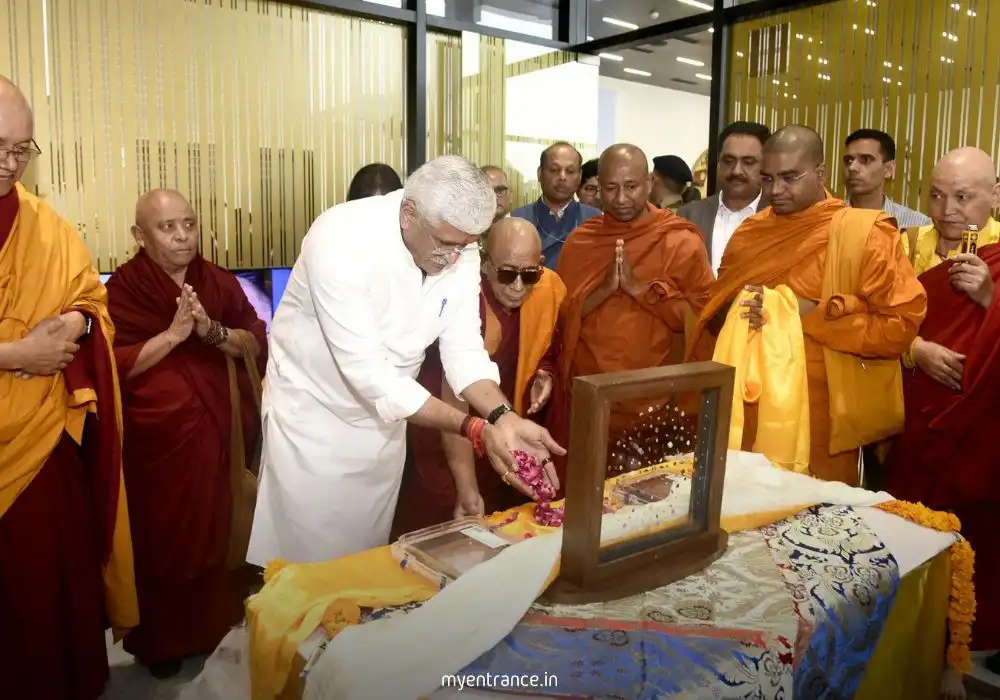Translate Language
Daily Current Affairs Quiz and Key Pointers: 07-08-2025
Stay ahead in your exam preparation with today’s crucial current affairs highlights, carefully curated for UPSC, SSC, PSC, NID, NIFT, and other competitive exams. We’ve simplified complex topics like environmental policies, scientific breakthroughs, and geopolitical developments into easy-to-understand formats with key takeaways. Test your knowledge with our quick quizzes and deepen your understanding through detailed explanations designed specifically for exam success.
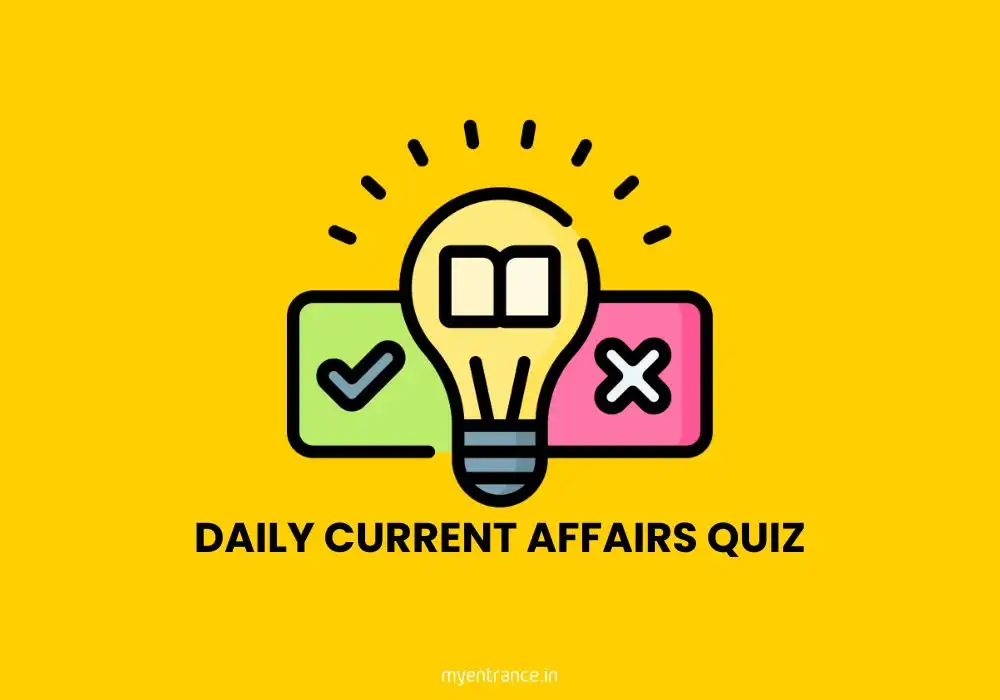
1. Supreme Court Strengthens Pollution Control Boards – Now Can Demand Damages & Bank Guarantees
The Supreme Court has granted enhanced powers to pollution control boards, allowing them to claim damages and secure bank guarantees from violators. This landmark decision aims to enforce stricter environmental compliance and holds industries accountable for ecological harm.
Why It Matters for Exams:
Key topic for UPSC (Environment & Governance), SSC, and state PSCs.
Highlights judicial activism in environmental protection.
Connects to policies like the National Green Tribunal’s role.
Quick Quiz:
Q1. What new power did the Supreme Court grant to pollution boards?
A: They can now demand damages and bank guarantees from polluters.
Q2. Which exams should focus on this judgment?
A: UPSC, SSC, and state PSCs (Environment & Governance sections).
Q3. How does this ruling impact industries?
A: Stricter penalties ensure better compliance with environmental laws.
Read More: Supreme Court Boosts Pollution Boards – Now Seek Damages & Bank Guarantees
2. National Handloom Day 2025 – Why Every Aspirant Must Know About India’s Weaving Revolution
August 7 marks National Handloom Day, celebrating India’s rich textile heritage and the Swadeshi Movement. The day honors weavers and promotes handloom as a sustainable industry.
Why It Matters for Exams:
Frequently asked in SSC, UPSC (Art & Culture), and state exams.
Connects to Gandhian economics and rural livelihoods.
Government schemes like Handloom Mark and National Handloom Development Programme are key.
Quick Quiz:
Q1. What historical event is linked to National Handloom Day?
A: The Swadeshi Movement of 1905.
Q2. Name one government scheme supporting handloom weavers.
A: National Handloom Development Programme.
Q3. Why is handloom important for sustainability?
A: It’s eco-friendly and supports rural artisans.
Read More: National Handloom Day 2025 – India’s Weaving Revolution
3. Rhino Conservation with Radioactive Isotopes – The Rhisotope Project Explained
Scientists are using radioactive isotopes to track and protect rhinos from poaching in a project called Rhisotope. This innovative method helps monitor rhino movements and deter illegal hunting.
Why It Matters for Exams:
Relevant for UPSC (Environment & Ecology), KAS, and NIFT (Design & Sustainability).
Highlights intersection of science and wildlife conservation.
Connects to global efforts like CITES and Project Rhino.
Quick Quiz:
Q1. What is the Rhisotope Project?
A: Using radioactive isotopes to track and protect rhinos.
Q2. Which exams should focus on this topic?
A: UPSC, KAS, and NIFT.
Q3. How does this method help conservation?
A: It deters poaching by making rhino horns traceable.
Read More: Rhino Conservation with Radioactive Isotopes – Why It Matters
4. Hepatitis D & Liver Cancer Risk – WHO’s Latest Update for Competitive Exams
The World Health Organization (WHO) has issued a warning about the heightened risk of liver cancer due to Hepatitis D. This virus, which only infects those already carrying Hepatitis B, accelerates liver damage and increases cancer risk.
Why It Matters for Exams:
Important for UPSC (Science & Health), SSC, and other medical/health-related exams.
Connects to global health policies and India’s National Viral Hepatitis Control Program.
Recent developments in antiviral treatments are key for current affairs.
Quick Quiz:
Q1. Who is at risk of Hepatitis D infection?
A: Only those already infected with Hepatitis B.
Q2. What major health risk does Hepatitis D pose?
A: Increased chances of liver cirrhosis and cancer.
Q3. Which government program addresses viral hepatitis in India?
A: National Viral Hepatitis Control Program (NVHCP).
Read More: Hepatitis D & Liver Cancer – WHO’s Alert for Exams
5. Chenab River Project – How Sawalkote Hydropower Affects Water Policy Exams
India’s new Sawalkote Hydropower Project on the Chenab River in Jammu & Kashmir is set to boost renewable energy but has raised concerns over water-sharing agreements with Pakistan.
Why It Matters for Exams:
Key for UPSC (Geography, Environment, and India-Pakistan relations).
Relevant to state PSCs (water resource policies).
Connects to Indus Water Treaty and sustainable energy debates.
Quick Quiz:
Q1. Where is the Sawalkote Hydropower Project located?
A: On the Chenab River in Jammu & Kashmir.
Q2. Why is this project significant for India-Pakistan relations?
A: It falls under the Indus Water Treaty’s regulations.
Q3. What is a major benefit of this project?
A: Increases India’s renewable energy capacity.
Read More: Chenab River Project – Hydropower & Water Policy Impact
6. Collusive Litigation – Supreme Court’s Landmark Ruling Explained
The Supreme Court has cracked down on collusive litigation, where fake cases are filed to manipulate legal outcomes. The court now mandates stricter scrutiny to prevent misuse of the judiciary.
Why It Matters for Exams:
Crucial for UPSC (Polity & Governance), judiciary-related exams.
Highlights judicial reforms and ethics in law.
Connects to broader issues like case backlog and judicial integrity.
Quick Quiz:
Q1. What is collusive litigation?
A: Fake or manipulated lawsuits filed to deceive courts.
Q2. What step did the Supreme Court take against it?
A: Stricter scrutiny of cases to prevent fraud.
Q3. Why is this ruling important for India’s legal system?
A: Reduces misuse of courts and ensures fair justice.
Read More: Collusive Litigation – Supreme Court’s Anti-Fraud Ruling
7. Confined Dewetting – IISER & IIT’s Breakthrough in Cheaper Nanoparticles
Scientists from IISER and IIT have developed a cost-effective method called confined dewetting to produce high-quality nanoparticles for medical and chemical detection.
Why It Matters for Exams:
Important for UPSC (Science & Tech), NID, NIFT (Material Science).
Innovations in nanotechnology are frequently asked.
Connects to India’s scientific research growth.
Quick Quiz:
Q1. What is confined dewetting?
A: A process to create precise nanoparticles at lower costs.
Q2. Which institutions developed this method?
A: IISER and IIT scientists.
Q3. Where can these nanoparticles be used?
A: Medical diagnostics, chemical sensors, and drug delivery.
Read More: Confined Dewetting – Cheaper Nanoparticles for Science & Medicine
8. Piprahwa Treasures – India’s Sacred Relics Reclaimed
After decades abroad, ancient Buddhist relics from Piprahwa (Uttar Pradesh) have been returned to India, marking a cultural triumph.
Why It Matters for Exams:
Key for UPSC (Art & Culture), SSC, and state exams.
Connects to heritage conservation and international repatriation efforts.
Highlights India’s Buddhist history and archaeology.
Quick Quiz:
Q1. Where were the Piprahwa relics originally found?
A: Uttar Pradesh (believed to be linked to Lord Buddha).
Q2. Why is their return significant?
A: Repatriation of stolen cultural heritage.
Q3. Which exam sections cover such topics?
A: UPSC (Art & Culture), SSC History.
Read More: Piprahwa Treasures – India’s Reclaimed Heritage
9. India Becomes 5th Largest Aviation Market – What It Means
India has surpassed the UK to become the world’s 5th largest aviation market, reflecting rapid growth in air travel and infrastructure.
Why It Matters for Exams:
Relevant for UPSC (Economy & Infrastructure), SSC.
Connects to UDAN Scheme, airport privatisation.
Indicates India’s economic progress.
Quick Quiz:
Q1. What rank does India hold in global aviation now?
A: 5th largest market.
Q2. Which scheme boosts regional air connectivity?
A: UDAN (Ude Desh Ka Aam Naagrik).
Q3. What factors drove this growth?
A: Rising middle-class demand and airport expansions.
Read More: India’s Aviation Milestone – 5th Largest Market
10. Speed Demons of Nature: The Bird That Outraces Jets – What Aspirants Should Know
The peregrine falcon holds the title of fastest animal on Earth, diving at speeds over 320 km/h – faster than many commercial jets! This marvel of evolution combines aerodynamics, muscle power, and precision hunting skills.
Why It Matters for Exams:
Key fact for UPSC (Environment & Biodiversity), SSC General Science
Demonstrates evolutionary adaptations in nature
Connects to physics concepts like aerodynamics and terminal velocity
Quick Quiz:
Q1. Which bird is considered the fastest animal on Earth?
A: Peregrine falcon
Q2. What remarkable speed can it reach during a dive?
A: Over 320 km/h
Q3. How does this connect to scientific concepts?
A: Demonstrates principles of aerodynamics and evolutionary biology
Read More: Nature’s Speed Demon: The Peregrine Falcon’s Record-Breaking Dive
11. Global Plastics Treaty: 190 Nations Race Against Time in Geneva
World leaders are negotiating a legally-binding UN treaty to end plastic pollution by 2040. The Geneva talks focus on production limits, waste management, and holding corporations accountable.
Why It Matters for Exams:
Crucial for UPSC (Environment & International Relations)
Connects to SDG 12 (Responsible Consumption)
Relevant for questions on global environmental agreements
Quick Quiz:
Q1. What is the target year to end plastic pollution in the proposed treaty?
A: 2040
Q2. Which UN Sustainable Development Goal relates to this treaty?
A: SDG 12 (Responsible Consumption and Production)
Q3. What are the key focus areas of the negotiations?
A: Production limits, waste management, corporate accountability
Read More: Global Plastics Treaty: The Fight Against Plastic Pollution
12. Gaza Crisis: Israel’s Annexation Plans as Ceasefire Collapses
With ceasefire talks failing, Israel has announced plans to annex parts of the West Bank, escalating Middle East tensions. This development impacts global geopolitics and energy security.
Why It Matters for Exams:
Vital for UPSC (International Relations)
Connects to India’s West Asia policy
Relevant for questions on UN and conflict resolution
Quick Quiz:
Q1. Which territory is Israel planning to annex?
A: Parts of the West Bank
Q2. How does this impact global geopolitics?
A: Escalates Middle East tensions, affects energy security
Q3. What is India’s stance on the Israel-Palestine issue?
A: Supports two-state solution with Palestine as sovereign state
Read More: Gaza Crisis: The Escalating Middle East Conflict
13. J&K After Article 370: Key Milestones Every UPSC Aspirant Must Know
Three years after Article 370’s revocation, Jammu & Kashmir has seen political reorganization, development push, and security challenges – all crucial for polity questions.
Why It Matters for Exams:
Essential for UPSC (Polity & Governance)
Directly connected to Indian Constitution
Recent developments in J&K administration
Quick Quiz:
Q1. When was Article 370 revoked?
A: August 5, 2019
Q2. What was J&K reorganized into?
A: Two UTs – Jammu & Kashmir and Ladakh
Q3. What major infrastructure project connects Kashmir to the rest of India?
A: Chenab Bridge (world’s highest railway bridge)
Read More: J&K Transformation Post Article 370
14. NITI Aayog’s $200 Billion EV Plan: Soft Mandates Explained
NITI Aayog proposes a phased manufacturing policy for EVs with “soft mandates” to boost domestic production while avoiding sudden disruption to auto sector.
Why It Matters for Exams:
Important for UPSC (Economy & Environment)
Connects to Make in India and climate commitments
New approach to industrial policy making
Quick Quiz:
Q1. What is NITI Aayog’s proposed investment in EVs?
A: $200 billion roadmap
Q2. What are “soft mandates”?
A: Gradual targets rather than strict regulations
Q3. How does this help India’s climate goals?
A: Accelerates transition to clean mobility
Read More: India’s EV Revolution: NITI Aayog’s Bold Plan
Get 3 Months Free Access for SSC, PSC, NIFT & NID
Boost your exam prep!
Use offer code WELCOME28 to get 3 months free subscription. Start preparing today!
